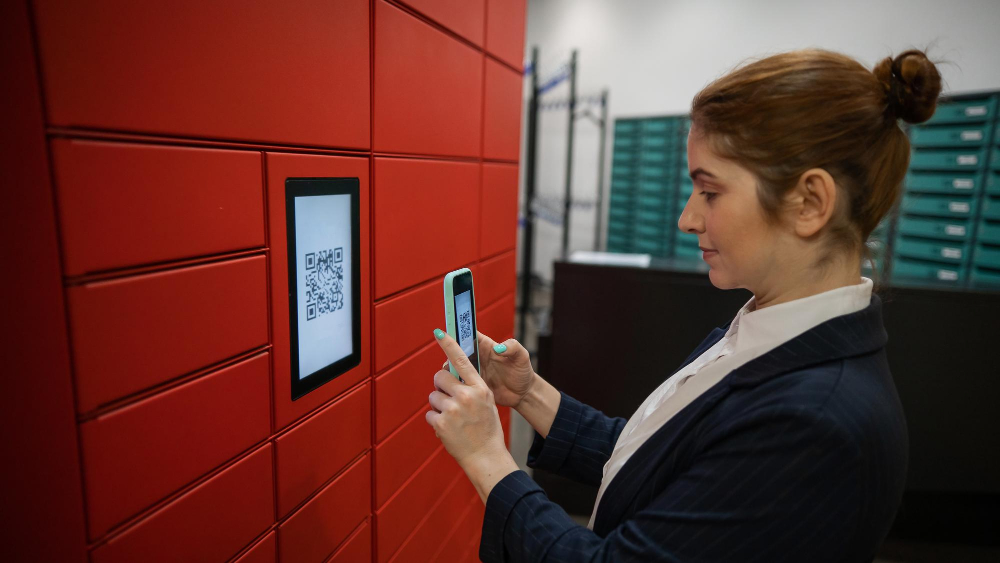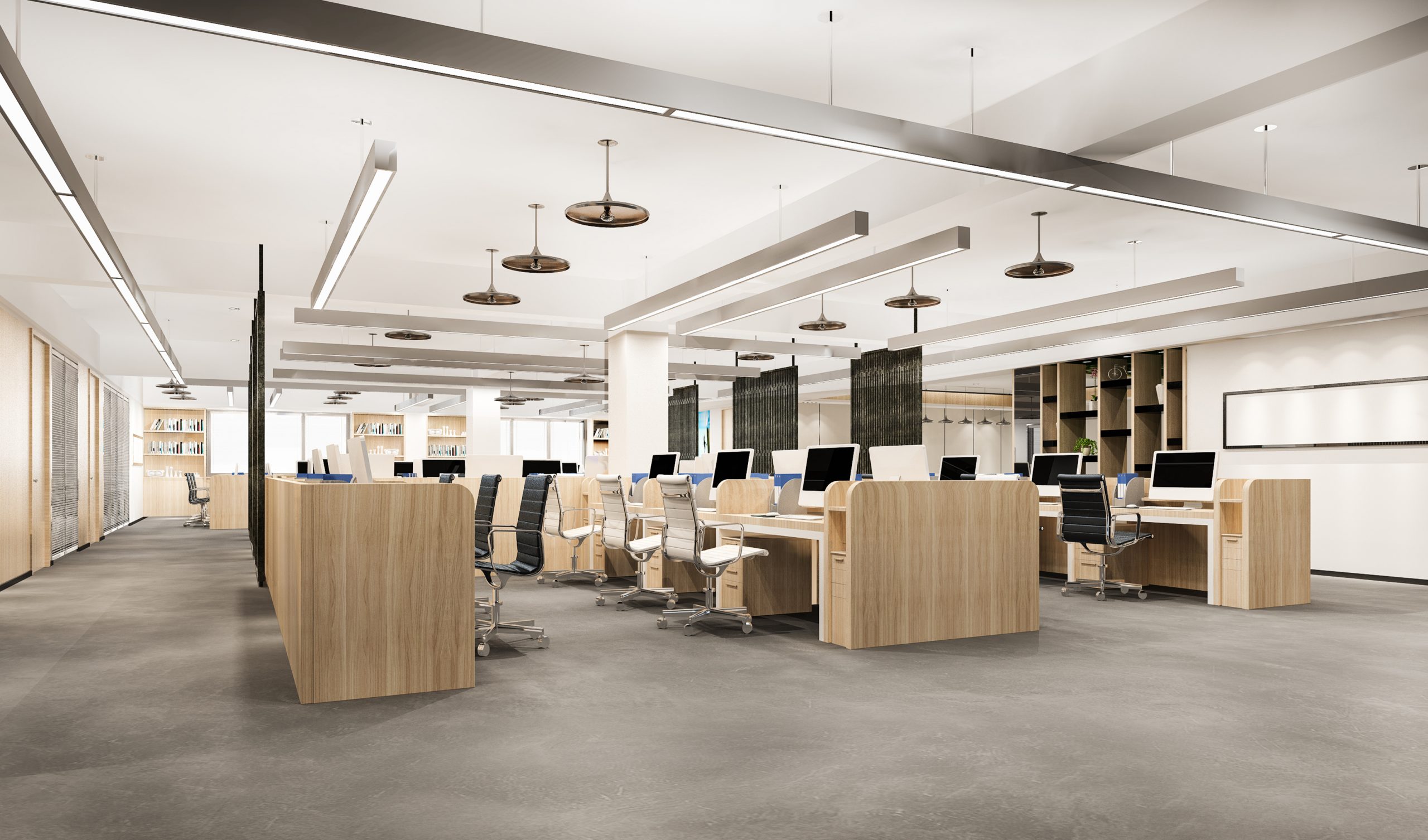- Workplace
- Advice

The Role of Technology in Modern Office Spaces
In today's rapidly evolving business landscape, technology plays a pivotal role in shaping modern office spaces.
From enhancing productivity to fostering collaboration, technological advancements have revolutionized the way we work. This blog post explores the various ways technology is transforming office environments and the benefits it brings to businesses and employees alike.
1. Smart Office Systems
Smart office systems integrate various technologies to create a more efficient and comfortable working environment. These systems include automated lighting, climate control, and security features that can be controlled remotely. By optimizing energy usage and creating a more comfortable workspace, smart office systems help improve employee satisfaction and reduce operational costs.
Example: Smart thermostats adjust the temperature based on occupancy, ensuring that meeting rooms are always at the ideal temperature when in use, while conserving energy when vacant.

2. Collaboration Tools
Collaboration tools such as video conferencing software, project management platforms, and instant messaging apps have become essential in modern office spaces. These tools facilitate seamless communication and collaboration among team members, regardless of their physical location.
Example: Platforms like Slack and Microsoft Teams allow employees to communicate in real-time, share files, and collaborate on projects, making remote work and cross-departmental collaboration more efficient.

3. Flexible Workspaces
Technology has enabled the rise of flexible workspaces, where employees can choose where and how they work. This includes co-working spaces, and remote work options. Flexible workspaces are equipped with the necessary technology to support different work styles and preferences.
Example: Companies offer fully equipped co-working spaces with high-speed internet, conference rooms, and office supplies, allowing businesses to scale up or down as needed without long-term commitments.

4. Enhanced Security
Modern office spaces leverage advanced security technologies to protect sensitive information and ensure a safe working environment. This includes biometric access control, surveillance systems, and cybersecurity measures to safeguard digital assets.
Example: Biometric access control systems use fingerprint or facial recognition to grant access to secure areas, ensuring that only authorized personnel can enter.

5. Health and Well-being
Technology also contributes to the health and well-being of employees. Wearable devices and wellness apps can monitor physical activity, encourage healthy habits, and provide insights into overall well-being. Additionally, ergonomic office furniture and equipment can be adjusted to suit individual needs.
Example: Standing desks with programmable height settings allow employees to alternate between sitting and standing throughout the day, promoting better posture and reducing the risk of health issues associated with prolonged sitting.

6. Data-Driven Decision Making
The use of data analytics in office spaces helps businesses make informed decisions. By collecting and analyzing data on space utilization, employee behavior, and operational efficiency, companies can optimize their office layouts and resource allocation.
Example: Sensors embedded in office furniture and equipment can track usage patterns, providing insights into which areas are underutilized and which are in high demand. This data can inform decisions about office redesigns or expansions.
Conclusion
The integration of technology in modern office spaces has transformed the way we work, offering numerous benefits such as increased efficiency, enhanced collaboration, and improved employee well-being. As technology continues to evolve, businesses must stay ahead of the curve by adopting innovative solutions that cater to the changing needs of the workforce. By embracing technology, companies can create dynamic, productive, and flexible work environments that drive success in the digital age.
-
What is a hybrid workplace model and how does it work?
23 November 2022 -
Color Trends in Interior Design in 2023
06 July 2023 -
Picking the Perfect Location for Your Business
07 November 2023 -
Dilemma: New vs Old Construction
10 January 2023 -
What makes the perfect office?
15 April 2024 -
Why holiday spirit is so important at the workplace?
12 December 2023 -
Modern office spaces trends
13 September 2023 -
6 ways to make an office space visually appealing.
30 January 2023 -
The Role of Technology in Modern Office Spaces
23 July 2024 -
Работа од дома или работа од канцеларија?
01 February 2024
















